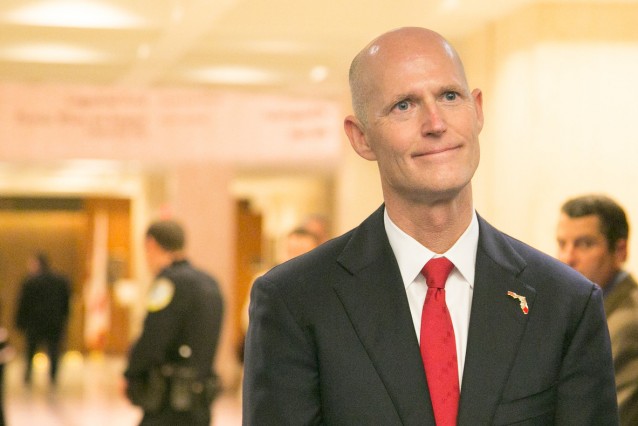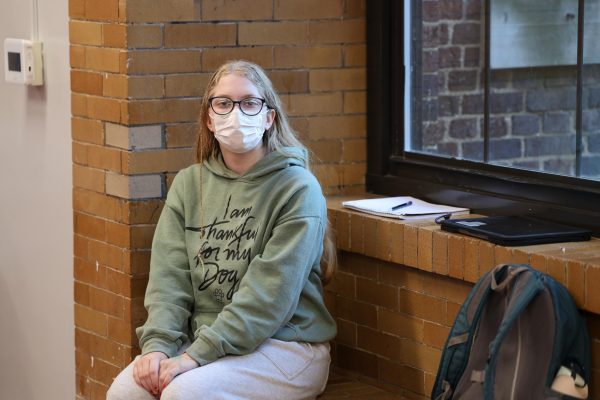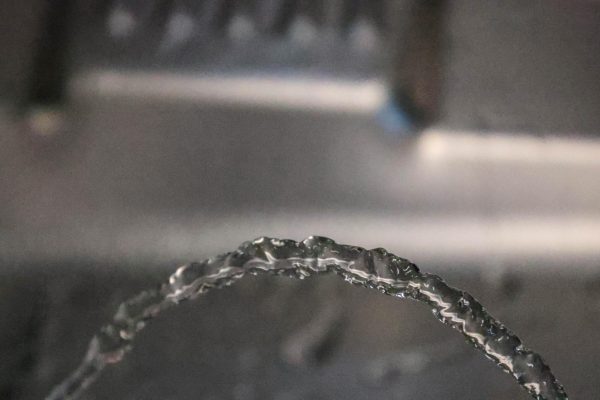I’m Not an Angry, Single-Minded Member of the Media Who Politicizes Factual Debates
Meredith Hope Hall, office of Rick Scott
Gov. Rick Scott (R-Fl) responded “Well, I’m not a scientist” when asked whether human actions were affecting the climate.
“I’m not a scientist,” said every right-wing congressperson ever.
“That’s an outrage,” said every liberal media outlet ever.
I think it’s fine.
Of course they aren’t scientists—what person in their right mind would take 12+ years of postsecondary education and pursue a career where your job security depends on your ability to convince people with money that they like you enough to let you keep working? Actually, that’s a fairly good description of scientific academia. But the point is that scientists aren’t in Congress for a good reason: they are just too busy in the lab doing the work they got degrees for.
In the current US Congress, the majority of representatives have background in law, business and public policy. There are also three physicists and a microbiologist, all of whom also have experience in public policy or entrepreneurship. There are no climate scientists.
Ralph Lamar, the head of the House Committee on Science, Space and Technology, was a lawyer before entering public service. He isn’t a scientist. He is, in theory, capable of doing a good job administrating public funding to science-related agencies.
“I’m not a scientist” is true for the vast majority of our representatives and there is nothing inherently wrong in that. It is wrong, however, when used as an excuse for ignorance.
Congresspeople have staff to advise them on everything from agriculture to finance to international relations. Lacking a background in public health doesn’t stop Congress from regulating health insurance. It also doesn’t stop them from being educated about relevant issues and being willing to debate them in a public forum. It shouldn’t be any different with environmental topics.
After stating that they aren’t scientists, our voices in Washington go on to explain why they are unable to discuss something scientific—usually climate change—and that is what’s upsetting; we trust these people to represent us in the government, yet we accept that they publicly state that they are not educated enough to address an issue that is central to our continued existence on this planet.
We don’t need more scientists in Washington. We need more congresspeople to listen to what scientists are saying. We need the people that make decisions to listen to the research related to those decisions. We need congressional staff with science backgrounds to advise our policymakers and we need our policymakers to listen to those staff. We need climate change to become an issue of researched, documented facts, not a coal billionaire-fueled campaign-funding competition.
In a political climate that requires politicians to put their mouths where the money is, we need money to go where empirical evidence directs it, not back where the campaign donations came from.
And above all, we need to stop electing people who boast about being ignorant of issues that to us and our children will mean life or death.









